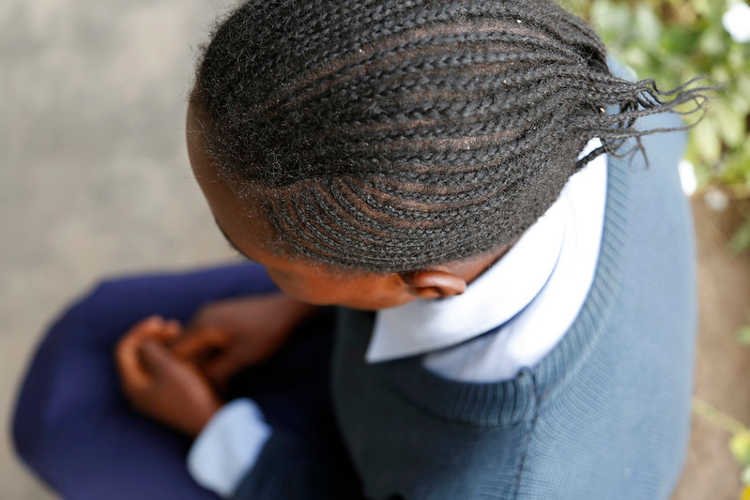As governors of states in Nigeria propose budgets for 2024, what are the plans to increase access to menstrual facilities?
Development Diaries reports that menstrual poverty remains a challenge for girls and women in the country, especially across rural communities.
Plan International revealed this during a National Dialogue on Menstrual Health and Hygiene in Abuja.
Many women and girls in the West African country struggle with menstrual hygiene management due to period poverty, which occurs when there is a lack of or inadequate access to menstrual hygiene products, including sanitary pads.
Recall that in 2021, the then Minister of Women Affairs, Pauline Tallen, revealed that over 37 million Nigerian adolescent girls and women of reproductive age lacked access to menstrual hygiene products due to financial constraints.
This worrisome trend has continued with little effort made to address the challenges.
Speaking at the dialogue, the Country Director of Plan International, Charles Usie, said policies must include the construction of WASH facilities in schools as well as setting aside a certain portion of imprest that goes towards purchasing menstrual products.
‘Apart from lack of facilities that are gender friendly, facilities that support them when they are undergoing their monthly period, we also found out they don’t even have resources like menstrual pad to use during those periods’, said Usie.
‘Some have had to stay back at home and not come to school during their menstrual periods and society still sees menstruation as a taboo’.
Development Diaries calls on state governments to ensure adequate access to menstrual facilities to strengthen hygiene and the education sector as donor funding is limited.
Photo source: DFID







